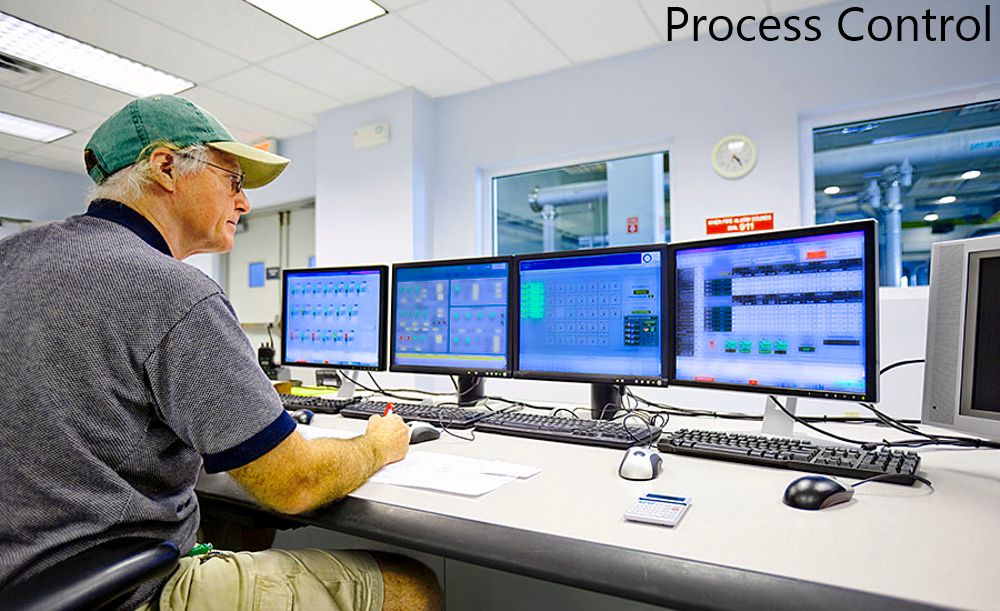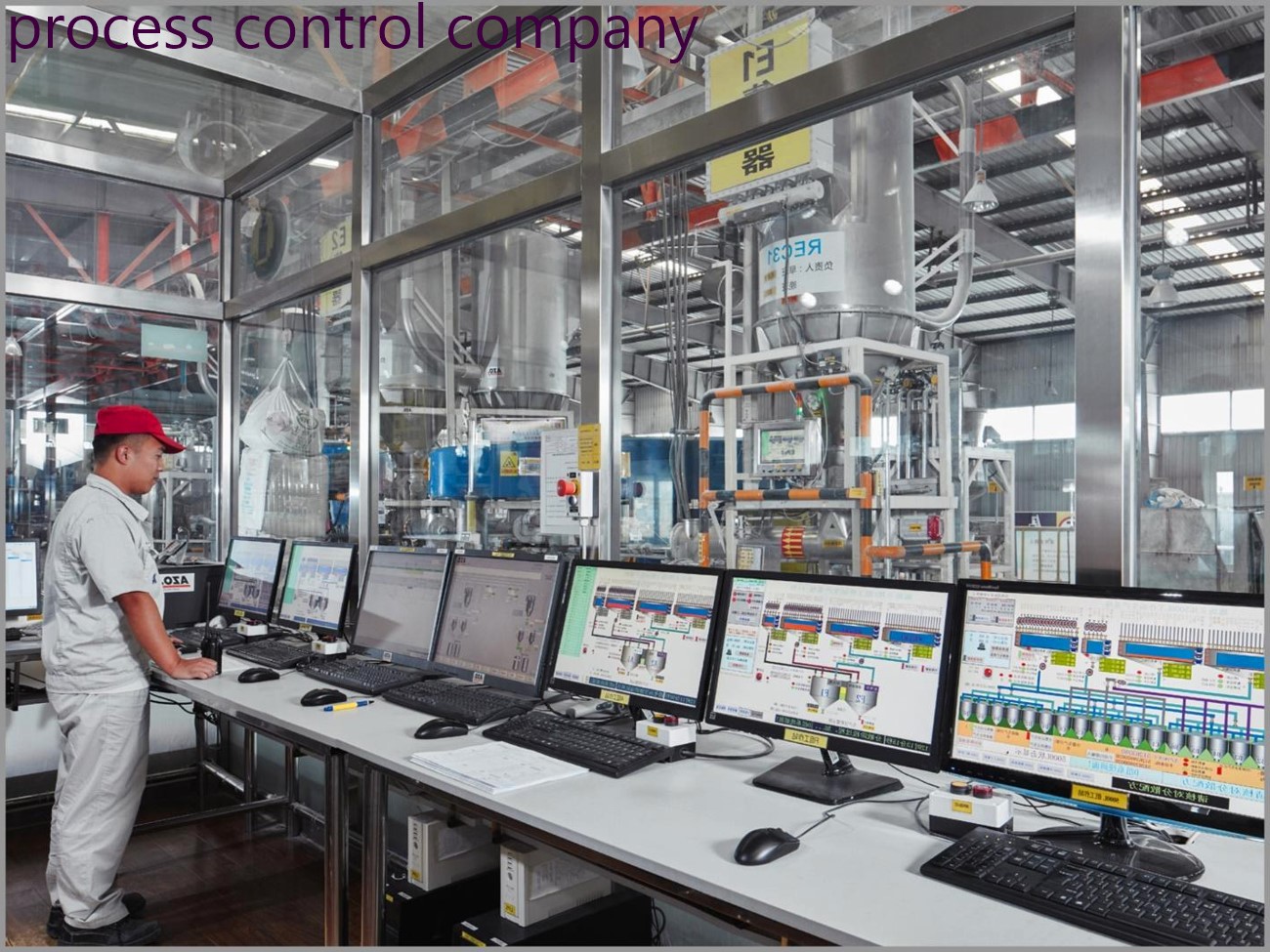Process control companies play a crucial role in numerous industries, ensuring the smooth operation and optimization of complex systems. These compani
Process control companies play a crucial role in numerous industries, ensuring the smooth operation and optimization of complex systems. These companies specialize in designing, implementing, and maintaining process control systems that enhance efficiency, productivity, and safety. The foundation of a process control company lies in its expertise in control engineering, automation technology, and industrial instrumentation. By combining these skills, control integrators develop innovative solutions tailored to the specific needs of their clients.
Contents
The Role of Control Integrators
Control integrators are the key players in process control companies. They are the professionals responsible for analyzing, designing, and implementing control systems in various industrial settings. These experts possess a deep understanding of control theory, programming languages, and hardware components.
Their role involves collaborating with clients to identify their requirements, designing control strategies, programming PLCs (Programmable Logic Controllers), and integrating various hardware and software elements to create a cohesive and efficient control system.
Related: 7 Technology Solutions to Help You Grow Your Company
The Importance of Process Control Systems
Process control systems are critical for industries that involve complex manufacturing processes, such as chemical, pharmaceutical, oil and gas, and food processing. These systems enable precise monitoring and regulation of variables like temperature, pressure, flow rates, and chemical concentrations.
By maintaining optimal process conditions, process control systems ensure consistent product quality, reduce waste, enhance safety, and improve overall operational efficiency. Process control companies provide the expertise needed to design and implement these systems, enabling businesses to achieve their production goals effectively.
The Evolution of Process Control Technologies
Over the years, process control technologies have evolved significantly. Traditional control systems relied on manual adjustments and limited automation. However, with the advancements in computing power, communication networks, and data analytics, modern process control companies now offer state-of-the-art solutions.

These may include distributed control systems (DCS), supervisory control and data acquisition (SCADA) systems, advanced control algorithms, and real-time data visualization tools. The integration of artificial intelligence (AI) and machine learning (ML) further empowers these systems to adapt, optimize, and predict process behavior, leading to improved outcomes.
The Benefits of Partnering with a Process Control Company
Collaborating with a process control company offers numerous advantages for businesses. Firstly, it ensures access to the expertise of control integrators who possess in-depth knowledge of control systems and their applications. Their experience and insights help optimize operations, increase productivity, and reduce costs.
Additionally, process control companies provide ongoing support and maintenance, ensuring that control systems continue to perform at their best. By leveraging the latest technologies and industry best practices, these companies drive innovation and enable businesses to stay competitive in a rapidly evolving market.
Related: How to Improve Production Quality in Manufacturing?
Future Trends in Process Control
The future of process control companies looks promising, driven by emerging technologies and industry demands. One notable trend is the increased integration of IoT (Internet of Things) devices, which allows for seamless connectivity and data exchange between control systems and various sensors and actuators. This enables real-time monitoring, predictive maintenance, and data-driven decision-making.
Another significant trend is the growing adoption of cloud-based solutions, enabling remote access, scalability, and data storage. Moreover, as sustainability gains importance, process control companies are exploring ways to optimize energy consumption, reduce environmental impact, and implement green practices in their solutions.
In conclusion, a process control company is a vital partner for businesses operating in industries that rely on precise control of manufacturing processes. With their expertise in control engineering and automation technology, control integrators design and implement innovative process control systems.
These systems provide numerous benefits, including enhanced efficiency, improved safety, and consistent product quality. As technology continues to evolve, process control companies will play a crucial role in driving innovation and helping businesses stay ahead in a competitive market.

COMMENTS